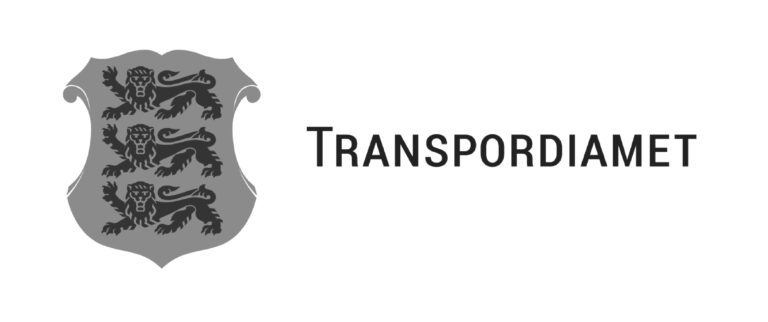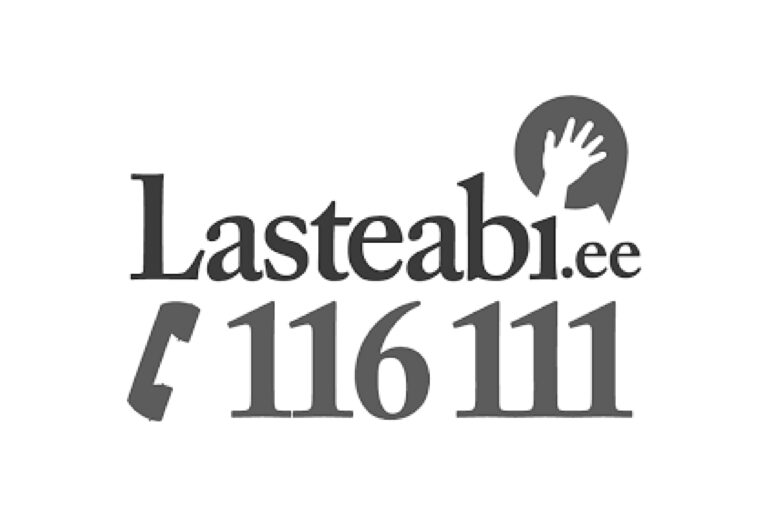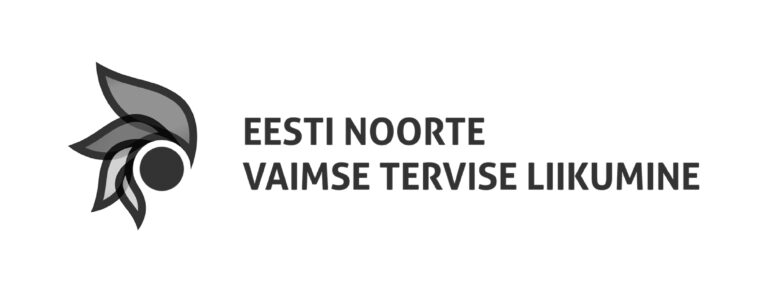Going to work and earning your own money – many young people can hardly wait! You will remember your first job interview and the first salary for the rest of your life. It makes no difference whether you work during a summer holiday or go to work after finishing school – it feels special.
According to the Deputy Director General of the Labour Inspectorate, Meeli Miidla-Vanatalu, it is often the case that, due to inexperience or lack of knowledge, a proper employment contract is not signed when a young person starts a job. “This could be due to the young person’s innocence or a ploy on the part of the employer to avoid responsibility and take advantage of the young person. The result is the same – the payday may never come, or the pay for the work may not match what was agreed,” explains Miidla-Vanatalu. “Let alone if a young worker has an accident at work or suffers a work-related injury,” she adds. It is thus important to remember the following.
Under the Employment Contracts Act, no trial days exist, there is only a probation period. Even if the employer invites you to come for a trial period before signing the contract, this is in fact a formal employment relationship and a probation period. You have to be paid for it and you have all the privileges of employment. There is only one exception – if you are registered as unemployed with the Unemployment Insurance Fund, you can have ONE trial day. If someone tells you otherwise, they either do not know the law or are deliberately trying to mislead you.
The employment contract must be concluded immediately and in writing. Do not be deceived by proposals to make an agreement verbally, sometime later or after the job is done. Only a written employment contract, not a vague verbal agreement or a vague promise, can secure your rights from day one.
If you work full time, you must receive at least the minimum wage. The minimum wage this year (2023) is 725€ per month gross (4,30€ per hour). The nature or complexity of the work, whether you do it by the hour or by commission, plays no role here. You are also entitled to paid leave in proportion to the time you have worked.
An employment contract may only be terminated on the grounds prescribed by law. There can always be unforeseen circumstances – the job turns out not to be quite what you were expecting, or the contract has to be terminated for some other reason. There is, for example, a period of notice and compensation in the event of redundancy. This assumes, of course, that there is a written employment contract.
Learn the right techniques with the help of an experienced supervisor. The employer must arrange for a new employee to be trained by a specialist or an experienced employee. When you start work, ask who will supervise you and teach you the necessary skills.
During the probationary period, you can see if the job is right for you, and the employer can see if your skills and qualities are right for the job. The probation period starts on the first day of employment. It is a formal employment relationship: you must be paid for it and you have all the rights that come with being an employee.
Discuss your work conditions and organisation with more experienced friends or your parents. Having worked for a long time, they will certainly be able to use their experience to give you advice on how to protect your health and avoid accidents.
Guidelines, rules, etc. are only useful if you actually read and follow them. Work safety is not solely the employer’s concern, and your signature on a piece of paper alone is not enough to make work safe. It is in your own interest to follow the safety rules so that no accidents can happen to you or your colleagues through stupidity, recklessness or ineptitude.
Think about what you want to do with your salary. If you have a clear objective of what you want to do with your first salary, it will be easier to avoid spending money on lots of small purchases. Spending a few euros on little things you do not really need will leave your wallet empty. For example, if you buy a coffee or a hot chocolate for 2.50€ every day, you will spend 17.50€ a week and 75€ a month.
Start saving money. If you do not have a specific purpose for which you want to earn when you start work, make a deal with yourself that you will set aside a certain amount of money on payday, and if you want to make a big purchase, such as a new bike or a mobile phone, you will have the money saved.
Work wisely and read more about employment, contracts and other important information on the Labour Inspectorate’s portal Working life.
You can find more tips and advice on how to manage your money wisely in the Savings Diary group. The article is republished from the Swedbank blog.
See the original here.
This article is published on the youth information portal Teeviit in 2022.







